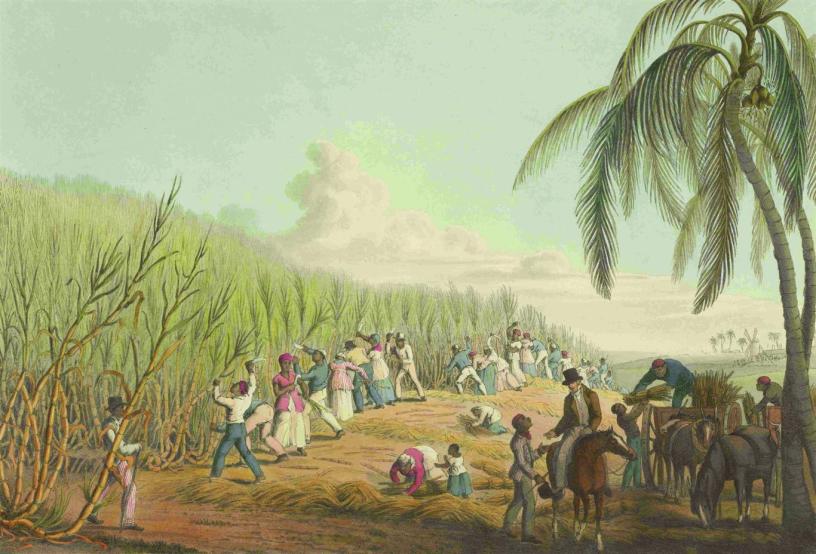Santesso, Esra
TR 9:30 AM
Park Hall 0259

As we transition from the age of empires to independent nation-states around the globe, justice becomes an important concept to understand both on local and global levels: what does justice mean? What mechanisms are instrumental in the administration of justice? Can justice be restored after a series of wrongdoings? And what does it look like when it is achieved? These questions are intricately related to the politics of citizenship; an important aspect of this course will be to study the rights and responsibilities afforded to “citizens.” Some of the readings will address the suspension of individual rights as they investigate authoritarian/totalitarian states and their unchecked use of power. Rights and responsibilities become an even more vexed question in the case of crossing borders as geographical dislocation does not guarantee the transfer of rights enjoyed in a particular locale. These topics will help us re-think imperialism, its ongoing legacy, and the way the past and the present intertwine in shaping one’s agency and freedom within economic, political, and legal structures.
In our discussions, we will be guided by primary and secondary sources. We will be reading poetry, prose, and graphic novels as witness accounts and testimonials that expose injustices in various societies. An important goal of the course will be to explore how “speaking up” or remaining “mute” can help/hinder the implementation of justice.
Reading List:
: